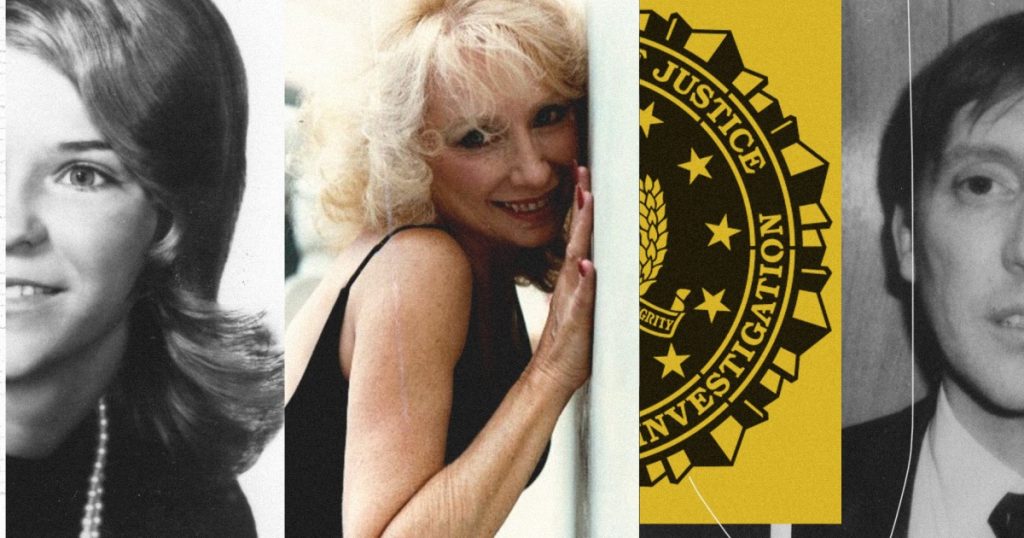In 1991, Fran Smith vanished, and the dark secrets of her husband, John Smith, began to unravel. John, who was later convicted of killing his first wife in Ohio, was charged with Fran’s murder in New Jersey five years ago. However, the murder charge was dropped in exchange for unreliable information provided by John, leaving Fran’s family and investigators unsatisfied. Despite Fran’s body never being found, prosecutors believed they had enough evidence to charge John in her disappearance, which they linked to a similar case involving his first wife’s disappearance years ago.
Fran Smith disappeared in 1991, and her husband claimed she left to visit relatives. However, investigation revealed that John had been married before, and his first wife also disappeared under suspicious circumstances. Detectives discovered similarities in John’s accounts of the two disappearances, leading them to suspect his involvement in the crimes. A girlfriend of John’s, unaware of his past marriages, confronted him and recorded a conversation in which he admitted lying during a police polygraph test. This revelation led to further investigations and the eventual discovery of his first wife’s remains.
John’s brother shared a long-held secret with the FBI, revealing that he had seen John with a large plywood box containing his first wife’s remains. The box had been covered with clothes believed to belong to the missing woman. The discovery led to the identification of the remains and John’s subsequent conviction for murder. Years later, prosecutors connected John’s past actions to Fran Smith’s disappearance and indicted him on a murder charge linked to both cases. However, a judge barred evidence related to his first wife’s murder, leading to a deal between prosecutors and John.
Prosecutors dropped the murder charge against John in exchange for information on Fran’s whereabouts. The information provided by John, which he did not have to corroborate, was shared with Fran’s family, but they found it to be insufficient closure. The lack of a full confession or corroborating evidence left retired FBI special agent Robert Hilland outraged, as he believed prosecutors could have proven John’s guilt based on previous circumstantial evidence. The deal was seen as an insult by Fran’s family, who felt it did nothing to bring them closure or justice for Fran’s disappearance.
Despite multiple investigations and efforts to uncover evidence in Fran Smith’s disappearance, no new evidence was found, and prosecutors felt the likelihood of a successful prosecution was minimal without Fran’s body. The decision to drop the murder charge in exchange for information about Fran’s remains was controversial, as it did not require a full confession or corroborating evidence. The unresolved case of Fran Smith’s disappearance highlights the challenges of prosecuting cases without crucial evidence and the ethical dilemmas faced by prosecutors in making deals with suspected criminals.


